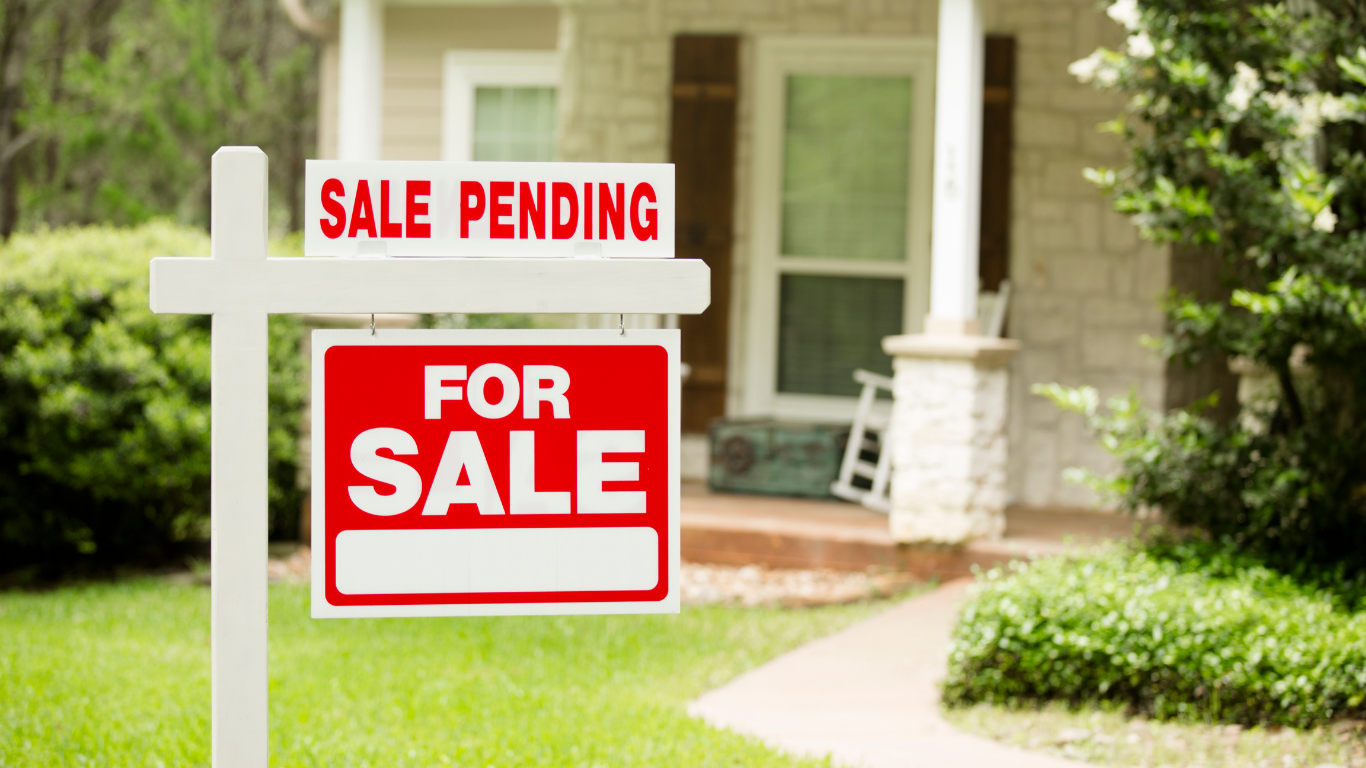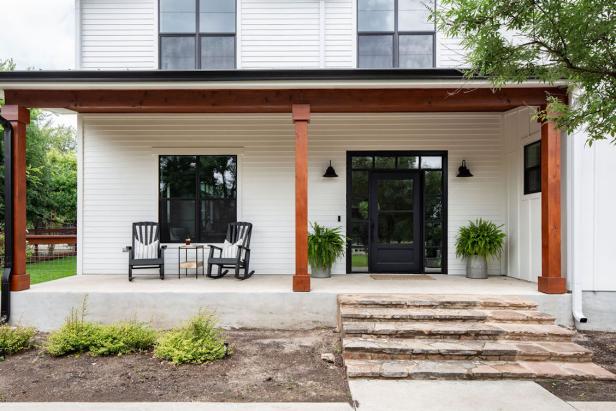
How to sell your house while buying another one at the same time
1. Assemble your team
Given all the steps and paperwork involved in buying and selling at the same time, you’ll want experienced professionals guiding you through the process. Hiring a skilled real estate agent can give you a realistic estimate of home prices in your area and how to price your current home. Using that figure, you can calculate how much equity you have and what your net proceeds will look like so you can apply that money toward the down payment and closing costs of your new home.
Using the same real estate agent and real estate attorney (if required in your state) for both the sale and the new purchase can make the entire process go more smoothly.
2. Consider your financial position
Ideally, you’d be able to have concurrent closings, where you sell your home in the morning and close on your next place by that afternoon or within a few days. But what if things don’t go according to plan? You could suddenly find yourself without the necessary funds to close on your next home, wind up paying two mortgages for an extended period of time or, worst-case scenario, be unable to get final approval for a mortgage and potentially lose your next home.
If you don’t have the means to handle two mortgages, definitely include a contingency in your offer that gives you an escape route should the sale of your current home fall through. You might also consider adding a financing contingency in case your new loan approval hinges on selling your current home.
3. Factor in the market
Timing is one of the most important factors in buying and selling a home at the same time. Getting the timing right also depends on the conditions of your local housing market.
If you’re in a buyer’s market
In this scenario, it could take longer to sell your home, so you may want to wait on making an offer on your next place until you’ve gone into contract with a solid buyer. Another bonus during a buyer’s market is you often have the upper hand to include a contingency that voids the deal if the sale of your current home doesn’t go through. This can give you more peace of mind.
If you’re in a seller’s market
In a seller’s market, you’ll need to make sure that your home is staged and market-ready. You also want to ensure that your finances are in order so you can quickly make an offer on a home to buy. When conditions are tipped toward sellers, you’ll have less flexibility to include contingencies or bump out the closing date, particularly if a seller needs to move quickly. However, if your current home is priced right and staged well, it should sell faster. You can also be more selective about which offers to consider and limit your options to those with fewer contingencies.
4. Negotiate the timeline, not just the money
While you want to make sure that you’re getting the best possible price on the sale of your home (and not overpaying for the next one), consider the closing process when negotiating both deals. The goal is to get both the buyer of your house and the seller of your next home to agree to adjacent closings or any necessary contingencies
5. Have a backup plan
No matter how carefully you’ve planned your transactions, they still might not happen on schedule — and one or both of them might fall through completely. If you have contingencies in your contract, you should be able to reschedule the closings accordingly or walk away with minimal financial pain.
If not, you may need a backup plan. Here are some options:
- Find a short-term rental if you sell your current home but haven’t found your next place. You’ll have to factor in the added expense of renting a storage unit if you have a lot of belongings that won’t fit into a rental.
- Ask the buyers to do a rent-back agreement, which allows you to remain in your current home after closing for a short time and pay rent to the new owner until you can move.
- Cover the costs of your next home with savings, a home equity line of credit or a bridge loan over the short-term. If you do use a bridge loan, you’ll be responsible for making payments on it regardless of whether or when your house sells.
Rent out your current home and use the income to help offset the expense of owning two homes until you can sell it.
Bottom line
Trying to sell your house and find a new place at the same time can be a challenge amid work and family obligations. Working with an experienced real estate agent can help ease the transition and ensure consistent communication with everyone involved. Finally, make sure you keep close tabs on your finances and credit before and during the process, too, so you can act quickly when you find your next home.





